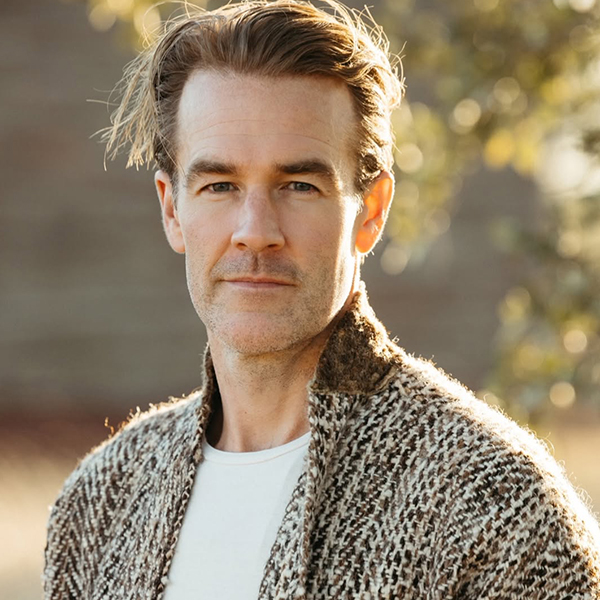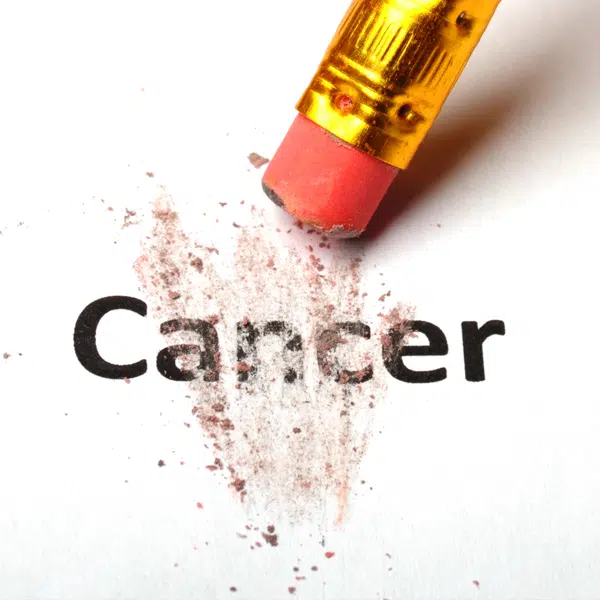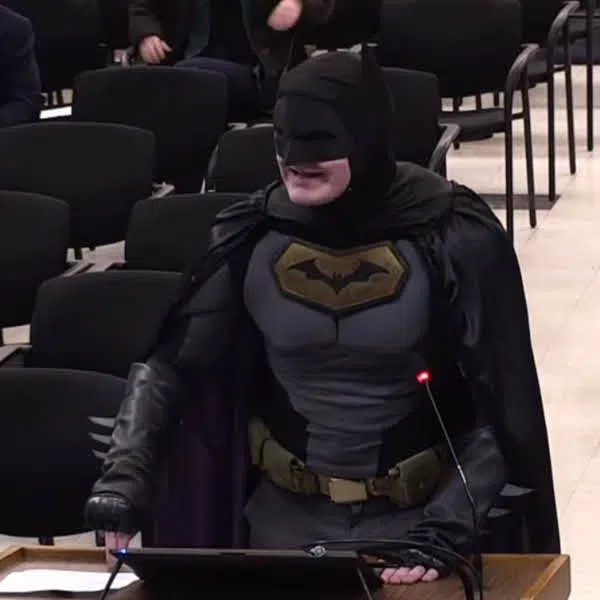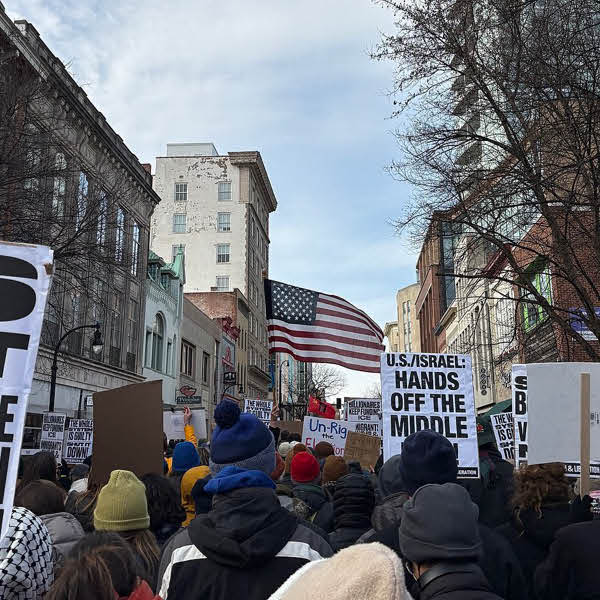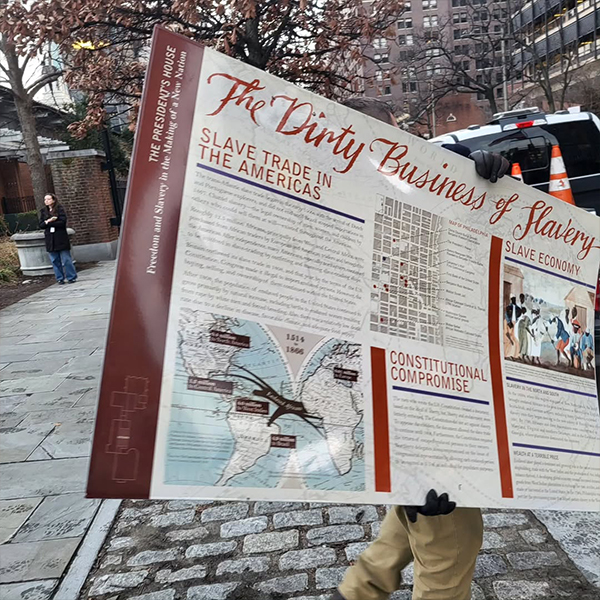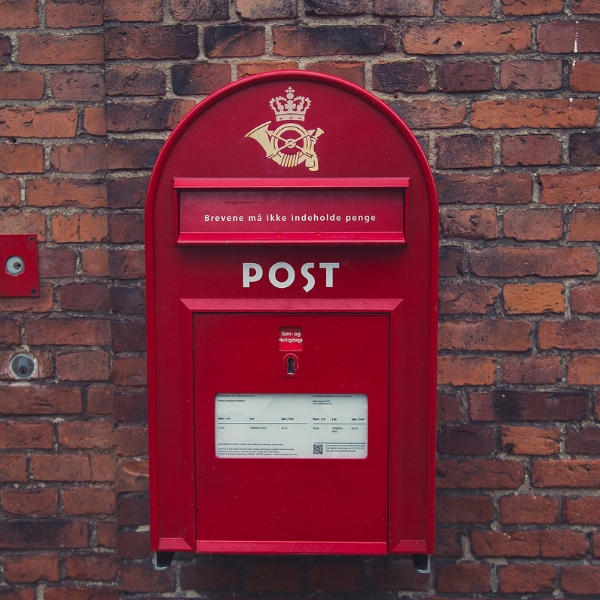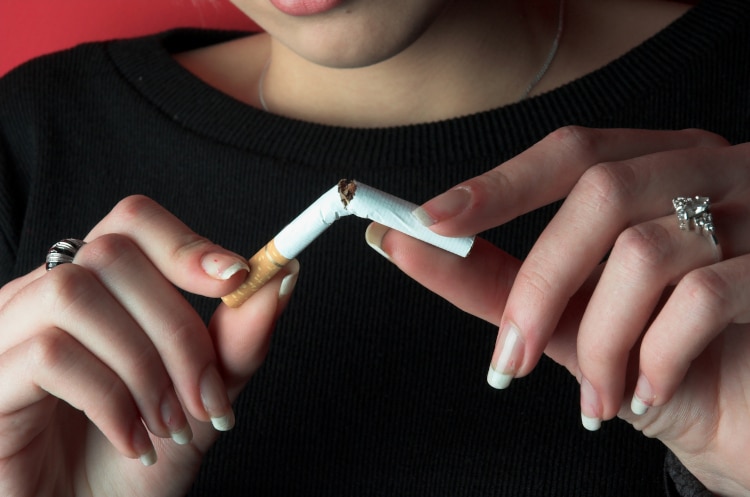
Photo: MitaStockImages/Depositphotos
Around the world, governments and health organizations have come up with regulations and campaigns to deter the use of cigarettes, from graphic warnings on labels to the push for smoke-free areas. Now, New Zealand has adopted a stricter approach that aims to put an end to tobacco use for good. After they were announced last year, the parliament has passed a series of anti-smoking laws, including one that means anyone born in 2009 or later will never be able to buy cigarettes or any other tobacco products.
“We want to make sure young people never start smoking so we will make it an offense to sell or supply smoked tobacco products to new cohorts of youth,” says Associate health minister Ayesha Verrall. “People aged 14 when the law comes into effect will never be able to legally purchase tobacco.”
Besides the annually rising smoking age—a law believed to be the first of its kind in the world—the legal amount of nicotine in tobacco products will be reduced dramatically, and the amount of retailers that can sell them will be cut by 90%, from 6,000 to 600. Cigarettes will no longer be sold in supermarkets and corner stores, and can now only be purchased at specialty tobacco stores.
These efforts strengthen New Zealand's mission to be smoke-free by 2025. According to government statistics, the smoking rate is at a historical low, given that only 8% of New Zealand adults smoke every day, down from 9.4% last year. The initiatives hope to lower that number to less than 5% in the next two years.
On top of that, these new rules hope to close the life expectancy gap between Māori and Pacific communities and non-Māori citizens, which is as high as 25% for women. The overall smoking rate of these groups is 19.9%, which has come down from 22.3% a year ago. The government has also increased funding for health services and campaigns, and launched quitting services designed with these communities in mind.
“This legislation accelerates progress towards a smokefree future,” says Verrall. “Thousands of people will live longer, healthier lives and the health system will be $5 billion better off from not needing to treat the illnesses caused by smoking, such as numerous types of cancer, heart attacks, strokes, amputations.” And since New Zealand boasts a universal healthcare system, these changes mean a huge victory for public health.
New Zealand has passed a series of strict anti-smoking laws, including one that means anyone born in 2009 or later will never be able to buy cigarettes or any other tobacco products.
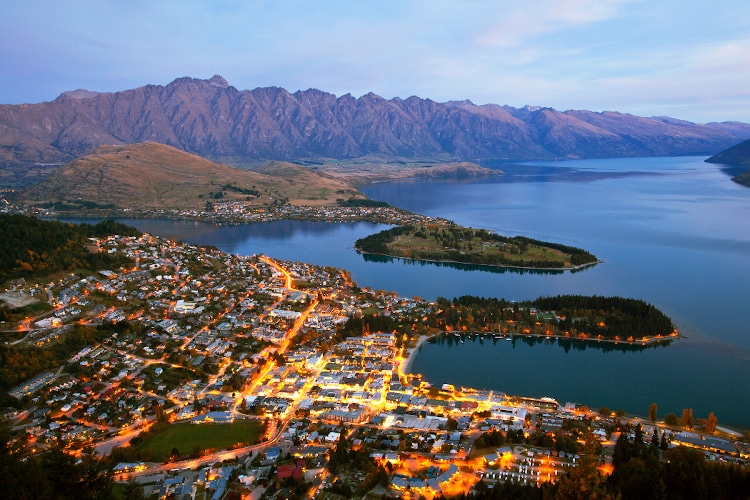
Photo: vichie81/Depositphotos
Besides the annually rising smoke age, the legal amount of nicotine in tobacco products will be reduced dramatically, and the amount of retailers that can sell them will be cut by 90%.

Photo: Nomadsoul1/DepositPhotos
h/t: [BBC]
Related Articles:
Identical Twins’ Faces Reveal the Aging Effects of Smoking
Anti-Smoking Ads Made of Thousands of Cigarettes
New Zealand to Ban a Host of Single-Use Plastics by 2025
New Zealand Handled the Pandemic So Well, Its Average Mortality Is Lower Than Normal Years














































































